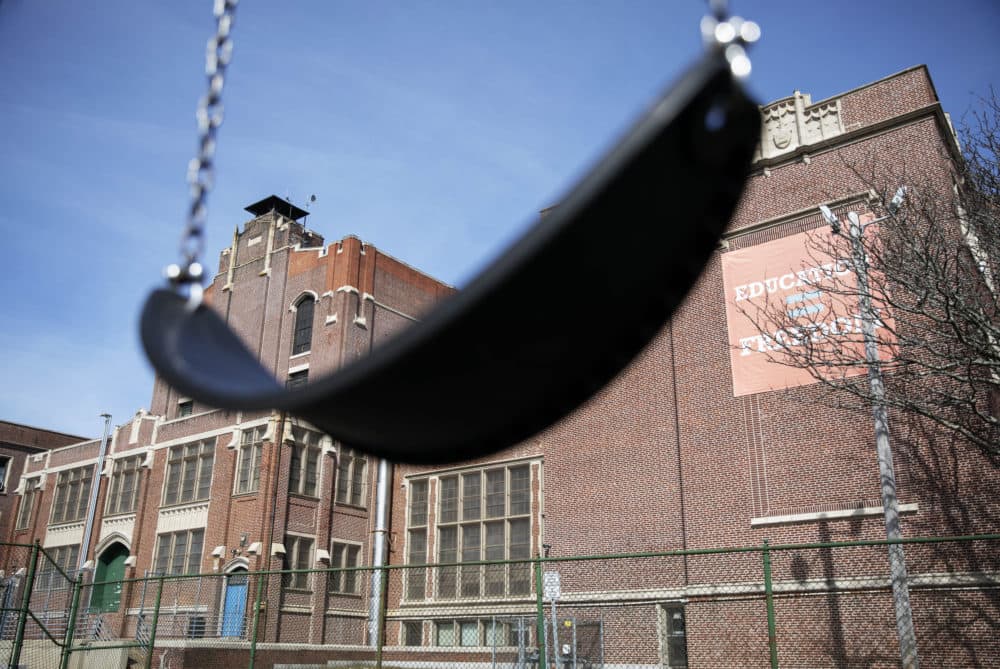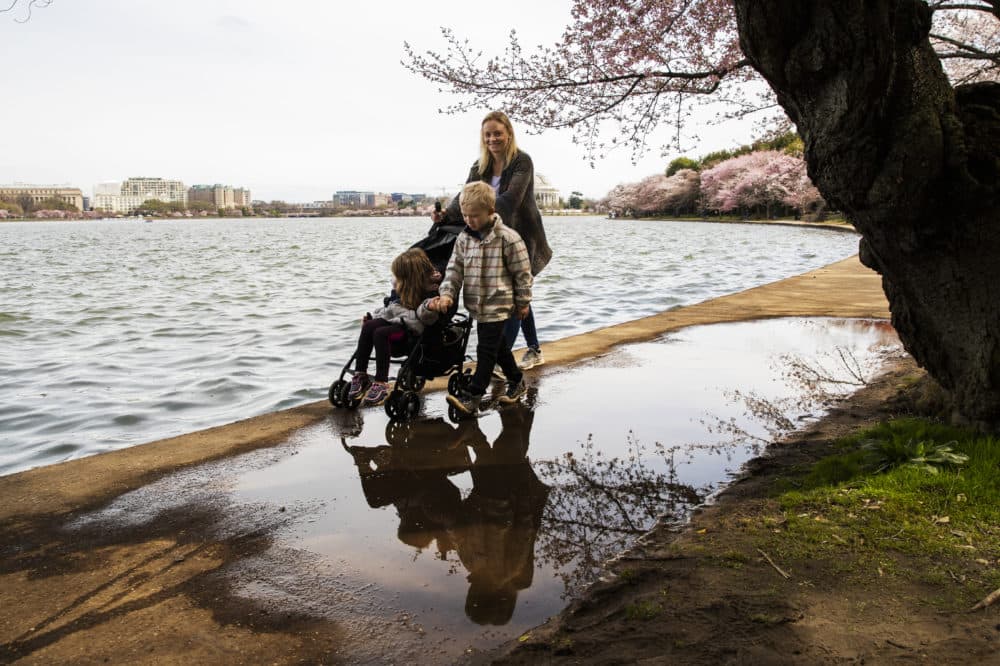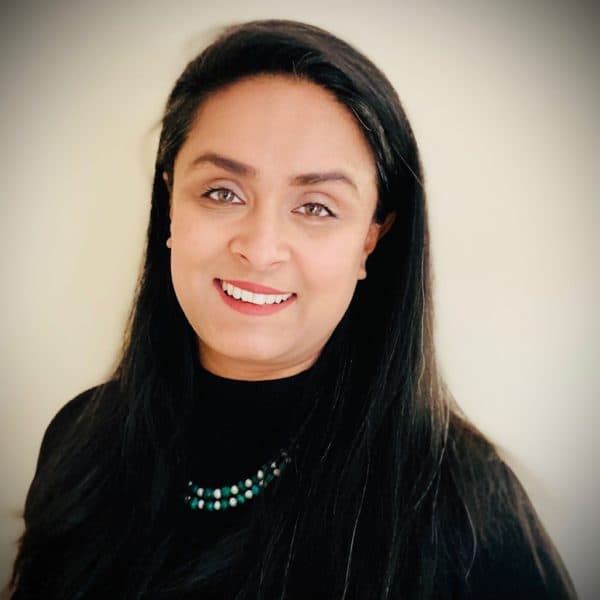Advertisement
Commentary
Talking To Your Kids About Coronavirus

Parents in the Boston area are scrambling as schools and daycares close in response to the coronavirus pandemic.
We are too.
As faculty at the Harvard T.H. Chan School of Public Health and clinical psychologists at the Massachusetts General Hospital, perhaps we should have seen this coming.
But as parents to children ranging between 3 and 12 years of age, we were unprepared. How should we respond to this unprecedented, generation-defining moment?
We are faced with the challenge of talking to children about the coronavirus pandemic. Luckily, guidance is available.
First, provide factual information using age-appropriate words.
For instance, preschoolers may understand basic ideas about germs and being sick. But exposure to the news and other adult sources of information can increase confusion or worry.
With teens, focus on listening. A teenager who does not have opportunities to discuss this information at home, will rely on friends, social media and YouTube to make sense of what they are hearing. Join them in watching the news or reading information online. Engage them in conversation to support healthy curiosity and clarify misconceptions. Encourage them to explore the TED-Ed content on pandemics.
Second, no matter what age, children’s first concerns are likely to be about things that directly affect them. For example, one of our 12-year-old’s immediate response was to ask whether his homework would still be due on Monday? He wasn’t the only one; the majority of texts from his friends were about the same thing.
Meanwhile, the 3-year-old was thrilled to be home with his parents, occasionally noting that he missed his teacher and friends, and wondering when the typical alternative, a playdate, could be scheduled. Maintaining some familiar routines such as homework and family mealtimes, in the midst of changes to school and work schedules can help children feel a sense of stability when other aspects of life feel unpredictable.
Third, as a parent, remember that you know your child best. You may have a child who worries a lot anyway and may therefore express more anxiety, while their sibling or friend may not seem concerned at all.
Our challenge, as parents, is to consider all the information around us and then ask ourselves: What makes the most sense for my child? Validate your child’s feelings and unique concerns, and support positive coping activities (e.g. going for a hike, reading or playing together). Attending to your child’s emotional experience lets them know that they are not alone with their worries.
Fourth, as parents, we have the opportunity to ask ourselves what do we want our children to learn from this public health crisis? This is a teachable moment. Each parent will need to figure out what this means for them; our thoughts landed on two simple ideas.
One, scientists are heroes. Our children are coming of age in a time when information has been democratized and misinformation is threatening public trust in scientific expertise. But science and data are on the front lines in the fight against the coronavirus — in the testimony of Dr. Anthony Fauci, the tireless activism of our colleagues, such as Marc Lipsitch and William Hanage, or in the unprecedented global sharing of data. As a colleague said recently, “Finally my kids think epidemiology is cool!”

And two, collective action is the answer. Our culture celebrates individual achievement, but this crisis has highlighted one fact: we are dependent on each other. Our children already recognize this, as demonstrated by youth action on climate change. Seemingly simple individual actions, like hygiene behaviors, are potentially lifesaving.
We can help our children understand the needs to maintain physical distance — but practice social solidarity. Physical distance poses a challenge to our basic human need to seek connection in times of stress, but technology offers us many possibilities, including texting, videoconferencing or a good old-fashioned phone call.
Although the current timeline is uncertain, we know the coronavirus pandemic will end. We, as parents, can influence what our children take forward from it. When your children are telling their children about the Coronavirus Pandemic of 2020, what do you want them to say?
Karestan C. Koenen, Ph.D is a professor at the Harvard T.H. Chan School of Public Health.
Archana Basu, Ph.D is. a research associate, Harvard T.H. Chan School of Public Health and a clinical psychologist in the department of psychiatry and Massachusetts General Hospital.


